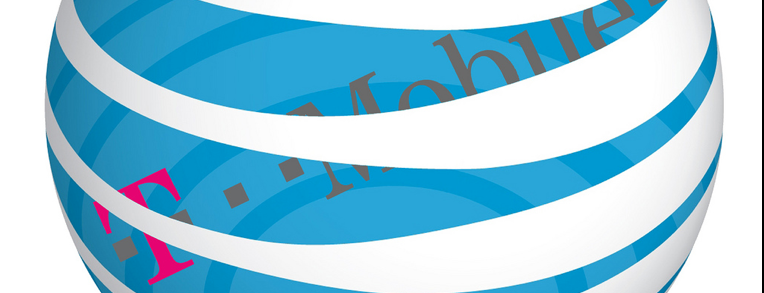It Was All For The Best That T-Mobile And AT&T Never Got Hitched
In a piece for the Columbia Journalism Review, editor Ryan Chittum tries to make the case that the decision to preempt this merger was the right one, as it not only stopped the national wireless market from effectively becoming a duopoly of just AT&T and Verizon (which would have left Sprint far, far behind), but has brought new innovation and competition to the marketplace.
While T-Mobile may still have a relatively small market share compared to the two industry leaders, it still has enough of a foothold to shake things up on occasion, like it did when it became the “uncarrier,” doing away with phone subsidies.
Yes, this means that customers will have to pay full price for their phones, but it also comes with a significant drop in the monthly rate for service. It also means that customers who already have a phone they like are free to use it on the T-Mobile network and save quite a bit. Similarly, even T-Mobile customers who choose to pay off the full price of their new phones over the course of 20-24 months will see a sizable saving once those payments are ended. This is not true at other providers, where you continue to pay the full service rate whether you own your device outright or not.
This change would never have occurred in a world where if T-Mobile had been acquired by AT&T, a company that introduced unlimited data plans then yanked them away as soon as it realized it could squeeze more money out of customers with tiered data service, a company that decides you can only use the iPhone’s built-in video chat app if you’re on a certain type of data plan.
The only T-Mobile lead that AT&T has followed was the introduction of an early upgrade program (which, of course, it introduced only after getting rid of standard 20-month upgrades for contract customers), which all four of the major wireless companies now offer (though we still say are only worth considering if you truly have plans to constantly upgrade your phone every year).
Most recently, T-Mobile decided that it is dropping fees for international data and texting in 115 countries. Will others follow? Only time will tell, but at least someone is offering customers something new — and T-Mobile would not be fighting this hard to compete if it were safely ensconced in the bosom of AT&T.
What’s also refreshing is that T-Mobile’s efforts appear to be paying off, with the company taking two customers from AT&T for each customer AT&T takes from T-Mobile.
It’s still the smallest of the four nationals — and as with every wireless company, T-Mobile customers don’t lack for things to complain about — but it’s refusing to die just because its heart was broken at the altar. The more T-Mobile, Sprint, and the crowd of smaller regional and prepaid carriers try not to copy the big two but choose instead to innovate and win over customers, the better it works out for everyone.
Want more consumer news? Visit our parent organization, Consumer Reports, for the latest on scams, recalls, and other consumer issues.


